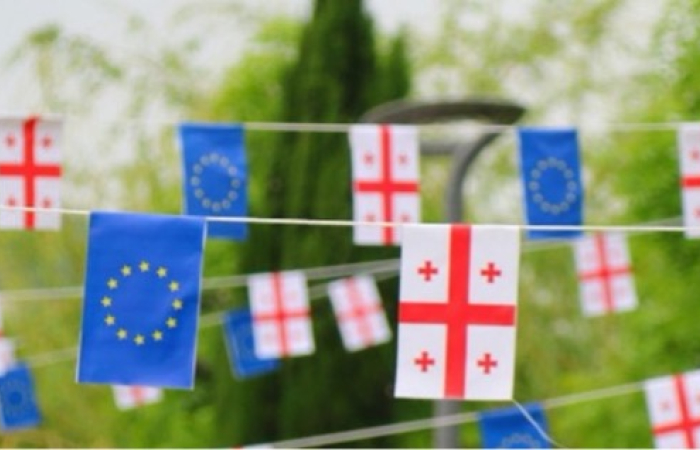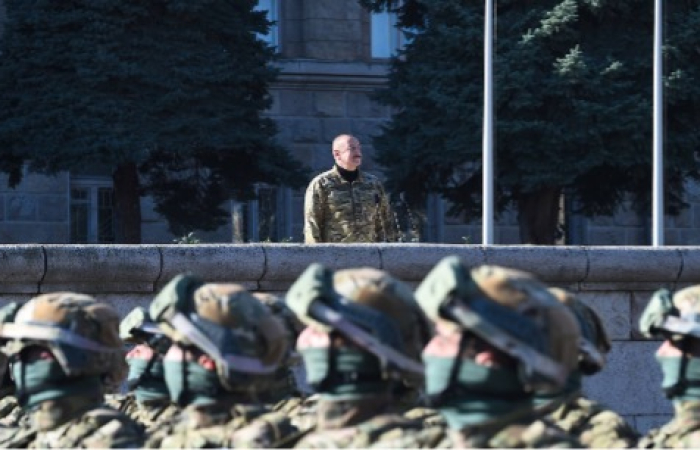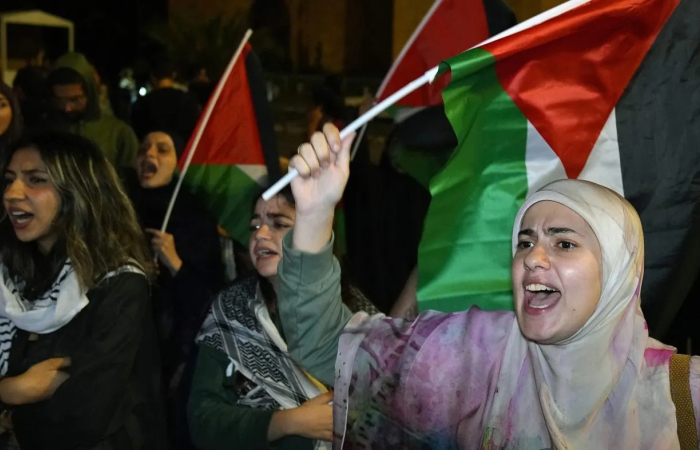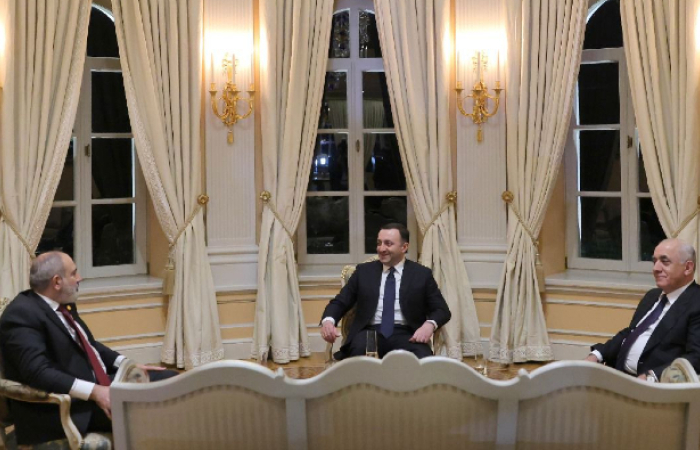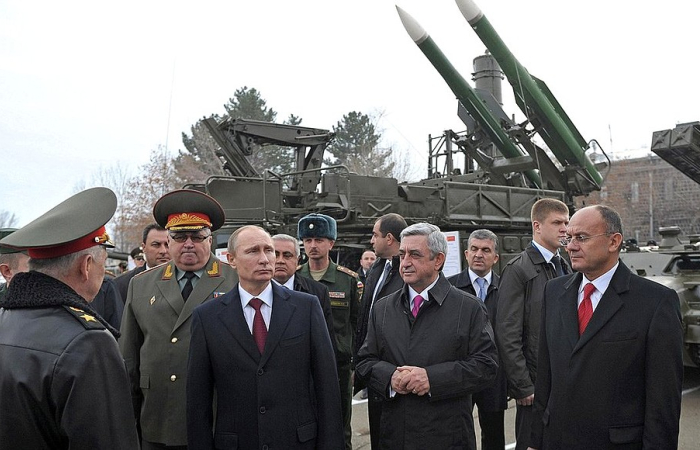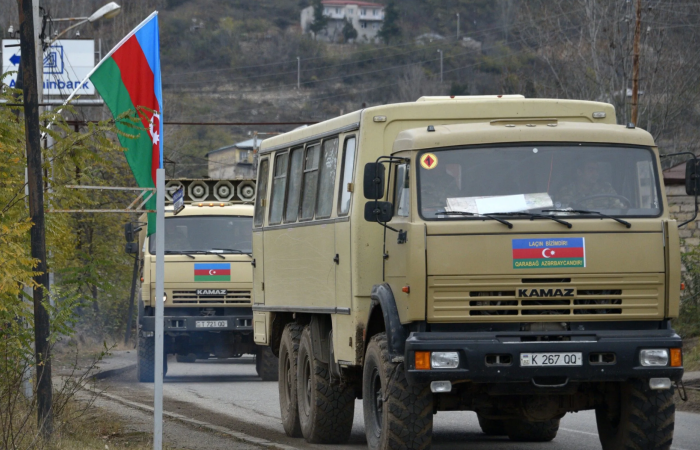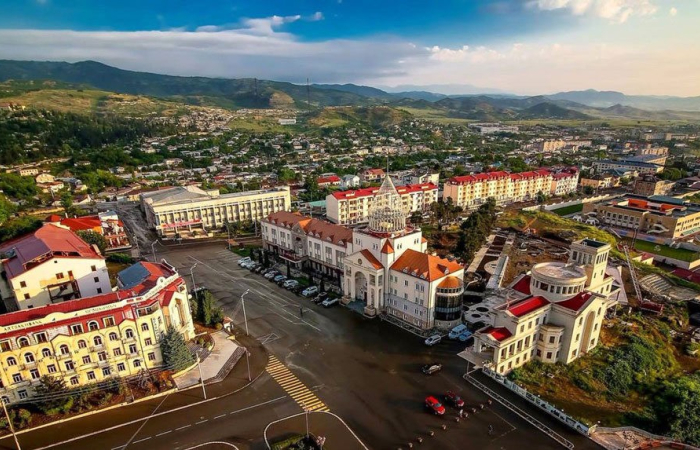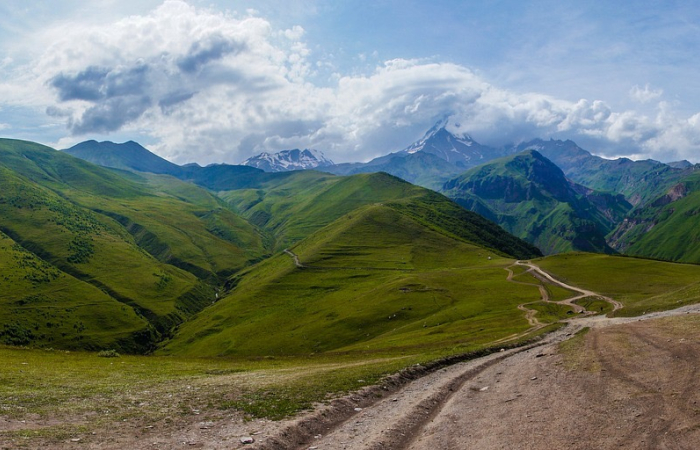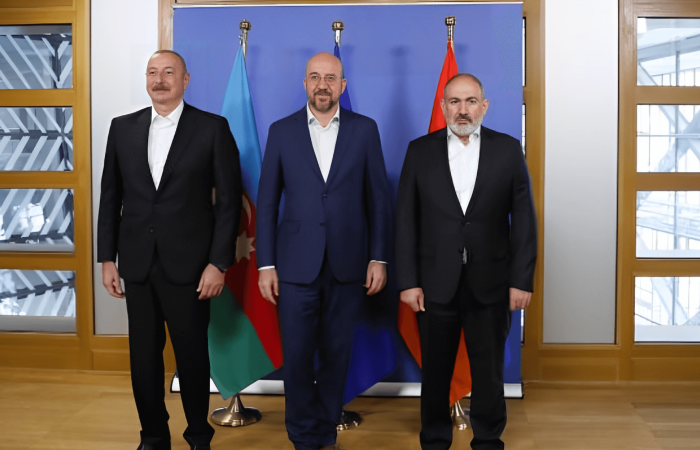Trending
Commentary: EU muddles along in its relations with the South Caucasus
17 November 2023
It has been a roller-coaster sort of week for EU relations with the South Caucasus. It started on Wednesday (8 November), with the decision of the European Commission to recommend that Georgia be recognized as a Candidate Country, opening the way for eventual membership. By Tuesday, (14 November) the Foreign Affairs Council was considering providing military assistance to Armenia through possible assistance from the European Peace Facility. In the days in-between relations between the EU and Azerbaijan appeared to have dipped to their lowest point in a decade, with Azerbaijan accusing the EU of inciting separatism. Except that on Wednesday (15 November), the Azerbaijani presidential foreign policy aide surfaced in Brussels where he was told that Azerbaijan was an important partner for the EU in the South Caucasus and that the EU will continue to support the Armenia-Azerbaijan normalisation process to advance a peaceful and prosperous South Caucasus.
One would like to think that all this was part of some grand strategy. Russian foreign minister Sergei Lavrov seems to think so, accusing the EU of trying to oust Russia out of the South Caucasus (and Central Asia). But a closer look at this week’s events suggest that the EU is doing, what it often does: muddling along, reacting to events and situations rather than fulfilling some grand strategy. This is risky, and the EU needs to develop a strategic framework for dealing with the South Caucasus. There is an urgent need for the European Union to develop a strategic perspective towards the region that is based on realism, and that has enough support from different stakeholders – Commission, Member States; Parliament – for it to be credible. Developing a comprehensive EU strategy will take time and will require an alignment of different views and interests that may take months, if not years, to achieve. In the meantime however, the EU should have the ambition to publish by early Spring 2024 a short but ambitious statement of intent with its vision for the region that may provide a framework around which different ad hoc policies and initiatives can be organized.
The first half of 2024 may offer a window of opportunity for this to happen.



